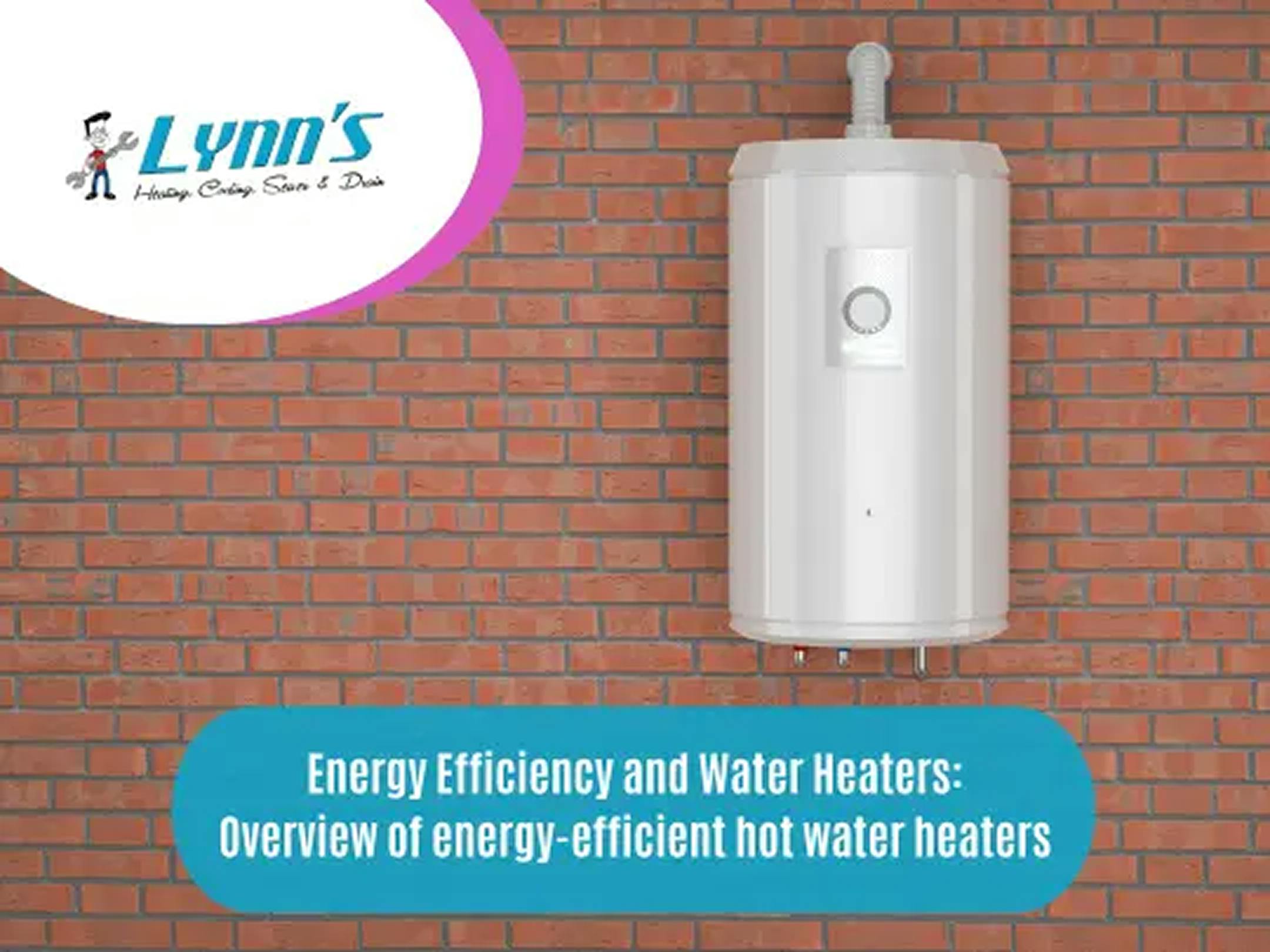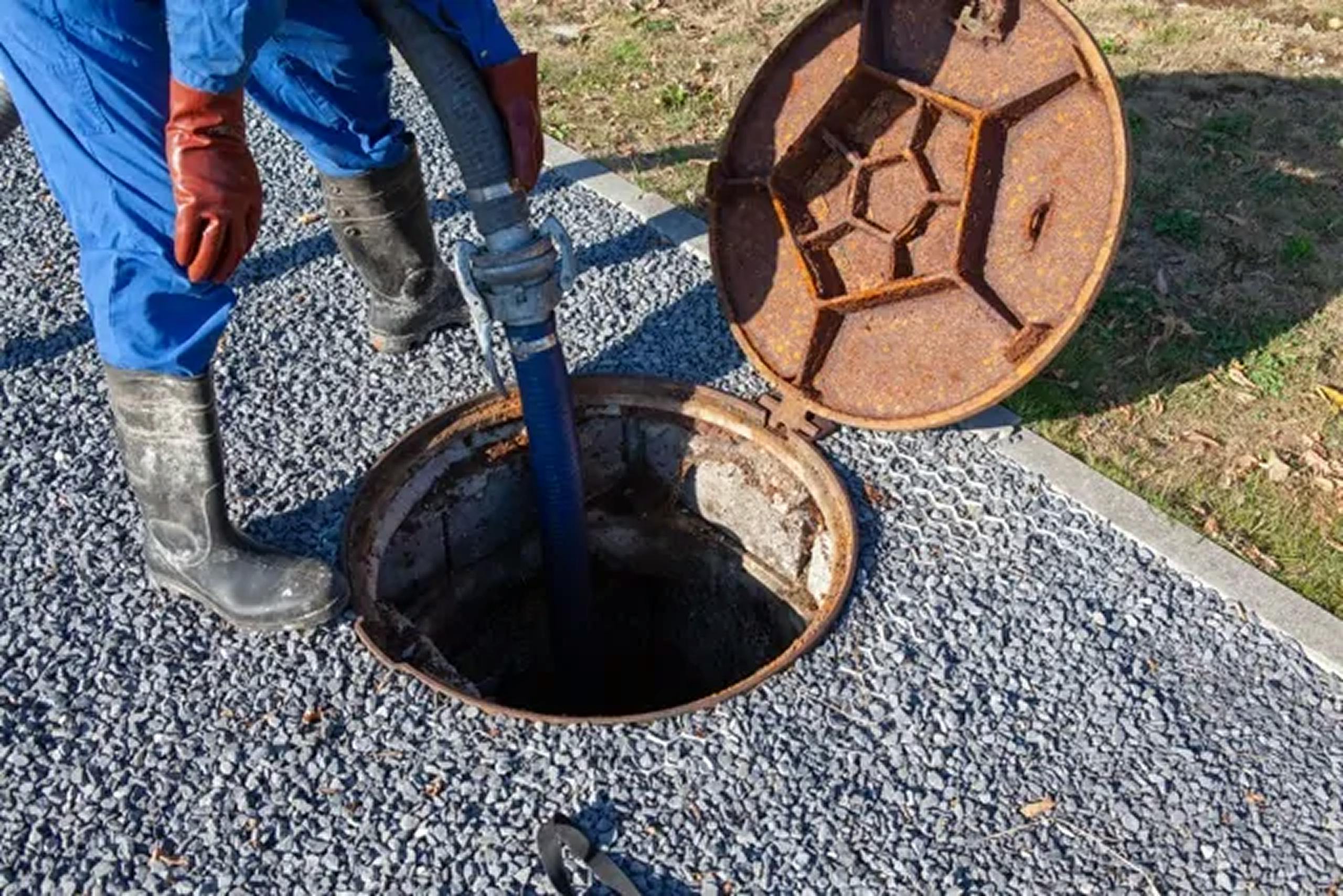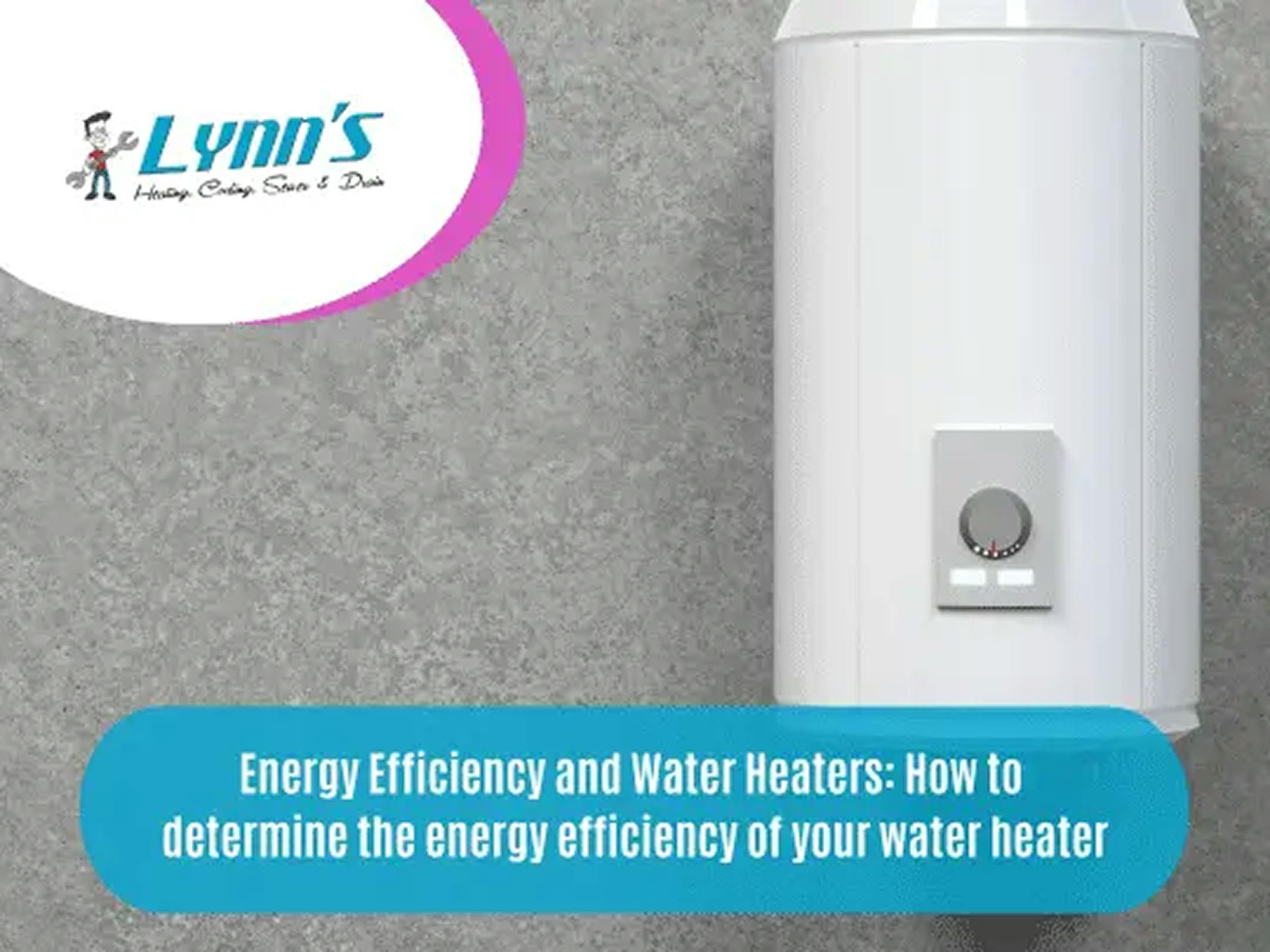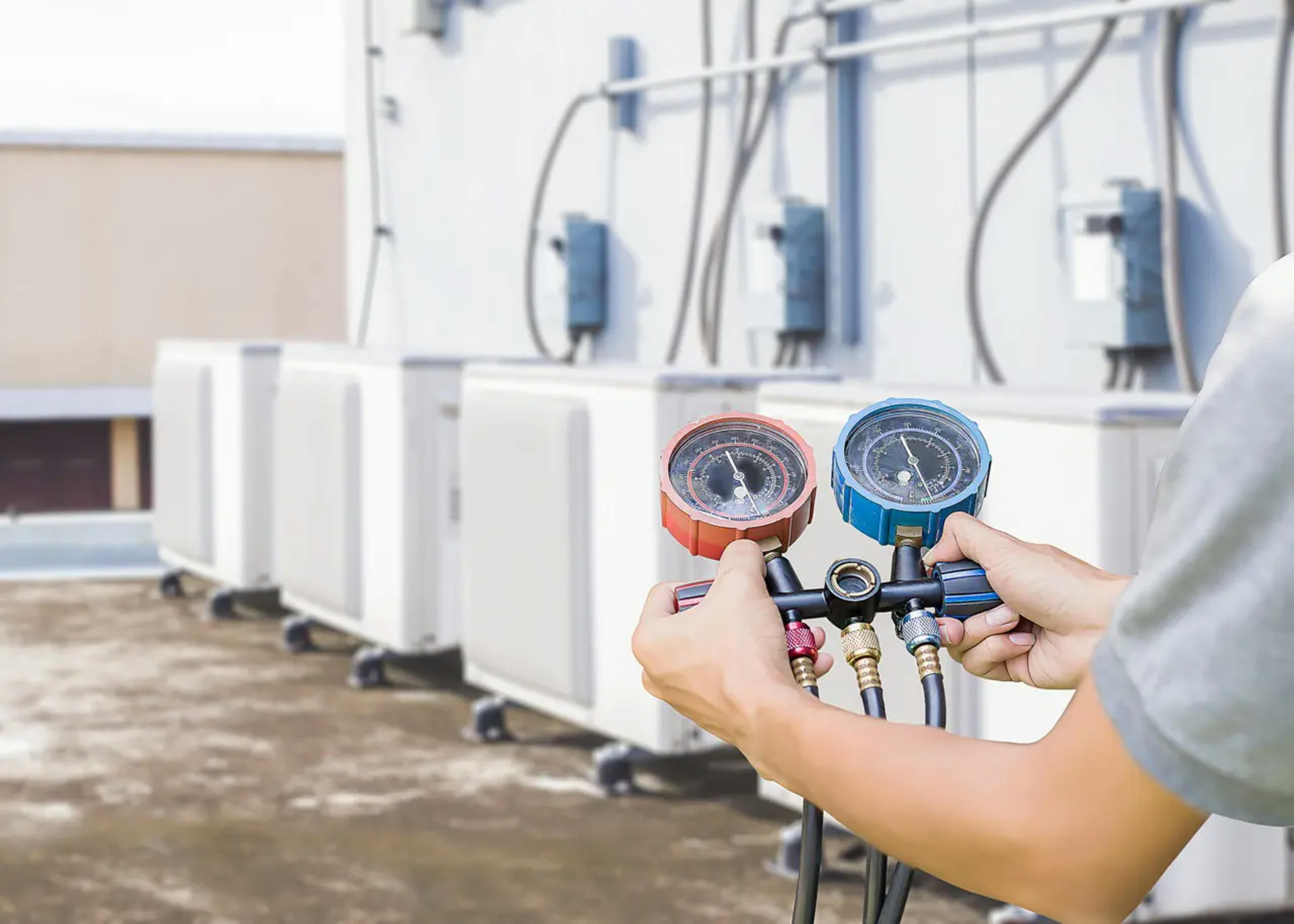Published:
Updated:
Energy Efficiency and Water Heaters: Overview of Energy-Efficient Hot Water Heaters

With the cost of living on the rise, along with environmental concerns, many homeowners are looking for ways to cut their utility costs while also cutting emissions. Did you know it’s estimated that about 20-25% of a household’s energy use goes toward heating water? That’s quite a bit! Upgrading to a more energy-efficient hot water heater will go a long way towards cutting your home’s energy usage. A typical water heater can last anywhere from 8 to 15 years before needing to be replaced. Therefore, you will almost surely need to replace yours at some point. If your water heater is over 10 years old, it’s best to start thinking about a replacement before it conks out. But how do you know which to choose? What types of energy-efficient hot water heaters are there? How is energy efficiency rated? What are some of the benefits of a high-energy-efficient water heater? Keep reading for a complete overview of energy-efficient hot water heaters.
First, let’s look at a few different types of water heaters.
A standard storage water heater is likely what you picture when thinking of a conventional water heater. These types of heaters use a tank to store water to be heated. Storage tank water heaters run off of either electricity or gas. An electric storage water heater uses electric heating rods in the tank to heat the water from the center, whereas a gas storage water heater heats the water from the bottom, using a gas-fired burner. In general, electric water heaters are more energy efficient than their gas counterparts. That being said, electric water heaters usually cost more to operate than gas, since electricity is more expensive than natural gas in most areas. There are high-energy-efficiency gas water heaters available that come with an Energy Star label.
Tankless, also known as on-demand or instantaneous water heaters, heat water directly without the use of a storage tank. Tankless water heaters also utilize either electricity or gas to heat the water. It’s estimated that a tankless water heater is up to 24-34% more energy efficient than a standard tank water heater since they provide hot water only when needed. They don’t produce the standby energy losses associated with conventional storage water heaters. Tankless hot water heaters even last longer than storage heaters, with a lifespan of up to 20 years with proper maintenance. Tankless hot water heaters have a higher upfront cost than standard types and do come with some limitations, such as limited hot water for multiple outlets.
Heat pump water heaters work by moving heat from one place to another, instead of generating heat directly to provide hot water. They capture heat from the surrounding air and transfer it to the storage tank to heat the water. Heat pump water heaters are considered very energy-efficient compared to their counterparts but do have the disadvantage of potential problems in colder climates.
How is energy efficiency rated?
A water heater’s energy efficiency is determined by the uniform energy factor (UEF). The UEF is the standard measure of a water heater’s overall efficiency – the higher the UEF, the more energy efficient the water heater. Before a UEF can be determined, each water heater is assigned to one of four categories or “bins” based on anticipated water usage. These bins range from “very small” (10 gallons) to “high” (84 gallons).
Storage tank water heaters use the First Hour Rating (FHR), which is the estimate of the maximum volume of hot water (in gallons) that a storage water heater can supply within an hour that begins with the water fully heated.
Tankless water heaters use Gallons Per Minute (GPM), which is the number of gallons per minute of hot water that can be supplied by an instantaneous water heater while maintaining a nominal temperature rise during steady-state operation.
Using these calculations, each water heater is assigned a uniform energy factor rating. Older models of hot water heaters may have an energy factor (EF). This number can’t be directly compared to the UEF, since EF does not take the hot water heater size into consideration. Remember that you can only accurately compare UEF ratings between two water heaters of the same bin.
What are some benefits of installing a more energy-efficient hot water heater?
Lower Monthly Bills
When upgrading to a more energy-efficient hot water heater, most homeowners look forward to lower monthly energy bills. High-efficiency water heaters naturally use less energy than their standard counterparts. These types of heaters are insulated and take less time to heat the water. Keep in mind that several factors like the size of your heater and fuel type will play a role when it comes to operating costs. Overall, upgrading to a more energy-efficient water heater can save you a lot of money in the long run.
Better for the Environment
Standard gas storage tank water heaters utilize natural gas, releasing emissions into the atmosphere. The combustion process creates by-product gasses such as carbon dioxide, carbon monoxide, and nitrogen oxide, which must be vented outside the home. This makes these types of water heaters less eco-friendly, with more of an impact on the environment. By upgrading to a more energy-efficient model, you’ll be doing your part to help reduce your carbon footprint.
Easier to Maintain
Because of high manufacturer standards and advanced technology, high-energy-efficient hot water heaters tend to require less maintenance and care than their traditional counterparts.
With such a large portion of a household’s energy usage going towards heating water, it’s no wonder so many homeowners are looking into higher-efficiency hot water heaters for their homes. With so many options and types of water heaters available, it can be overwhelming to choose the right system to meet your family’s needs. Choosing an energy-efficient model can help you save money on your monthly bills while contributing to a cleaner environment.
If you’re looking to replace, repair, or install a hot water heater in Winnipeg, the professionals at Lynn’s Winnipeg have you covered. We are available 24 hours a day, 7 days a week. Contact us today for more information.



